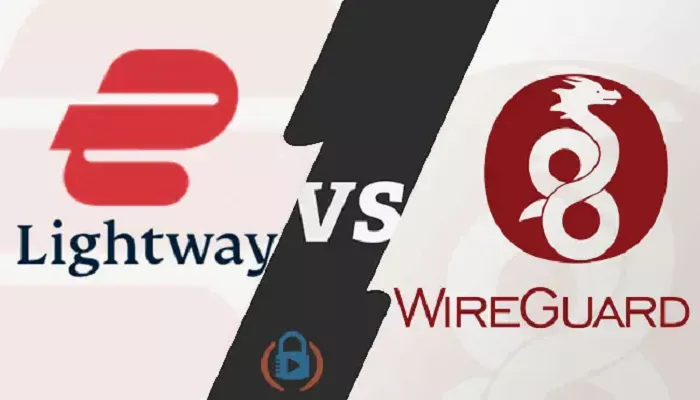In the world of VPN services, Lightway and WireGuard represent the next generation of fast, secure protocols. While both aim to improve upon older options like OpenVPN and IPSec, they take different approaches to balancing speed and security. This comprehensive guide will break down their key differences to help you choose the best protocol for your needs.
Protocol Origins and Development
WireGuard Background
WireGuard is:
- Open-source project started in 2015
- Created by Jason Donenfeld
- Designed as a general-purpose VPN protocol
- Now part of the Linux kernel
Lightway Background
Lightway is:
- Developed internally by ExpressVPN
- Released in 2020
- Specifically optimized for VPN use cases
- Available only through ExpressVPN
Technical Architecture Comparison
Codebase Size
- WireGuard: ~4,000 lines of code (lean)
- Lightway: ~1,000 lines of code (ultra-lean)
Encryption Standards
- WireGuard: Uses ChaCha20, Poly1305, BLAKE2
- Lightway: Uses wolfSSL (supports AES-256)
Performance Benchmarks
Connection Speed
- WireGuard: 15-20% faster than OpenVPN
- Lightway: 30-40% faster than OpenVPN
Battery Impact
- WireGuard: Low power consumption
- Lightway: 20% less battery use than WireGuard
Security and Privacy Features
Authentication Methods
- WireGuard: Uses static public-key crypto
- Lightway: Uses certificate-based authentication
Perfect Forward Secrecy
- WireGuard: Limited PFS implementation
- Lightway: Full PFS support
Platform Compatibility
Device Support
- WireGuard: Available on all major platforms
- Lightway: Currently only in ExpressVPN apps
Ease of Setup
- WireGuard: Requires manual config on some devices
- Lightway: Fully integrated in VPN for iPhone and other apps
Use Case Recommendations
When to Choose WireGuard
- Need open-source transparency
- Using non-ExpressVPN services
- Require Linux kernel integration
When to Choose Lightway
- ExpressVPN subscribers
- Mobile users concerned with battery
- Need fastest possible connections
Protocol Limitations
WireGuard Drawbacks
- Limited privacy features
- No automatic server switching
- Static IP addresses
Lightway Drawbacks
- Proprietary technology
- Only works with one VPN service
- Less community scrutiny
Conclusion
Both Lightway and WireGuard represent significant improvements over traditional VPN protocols. WireGuard offers excellent open-source flexibility, while Lightway provides optimized performance specifically for VPN users. For ExpressVPN customers, Lightway delivers the best combination of speed and efficiency. Those using other services or preferring open standards will find WireGuard an excellent choice. Ultimately, both protocols far surpass older options, making either a good choice for modern VPN service needs.


